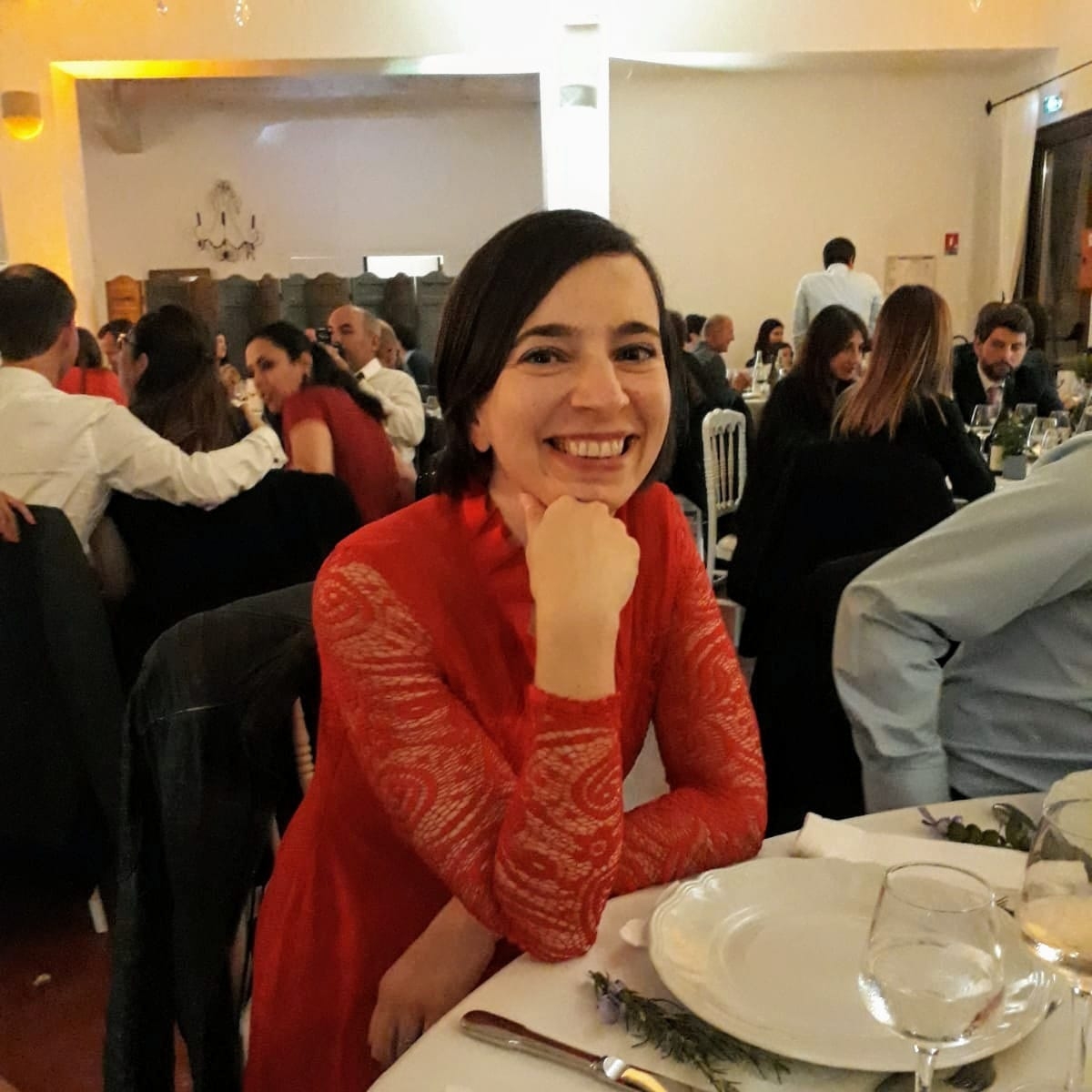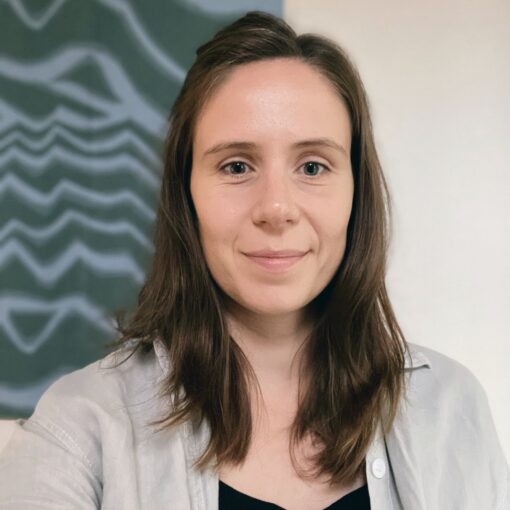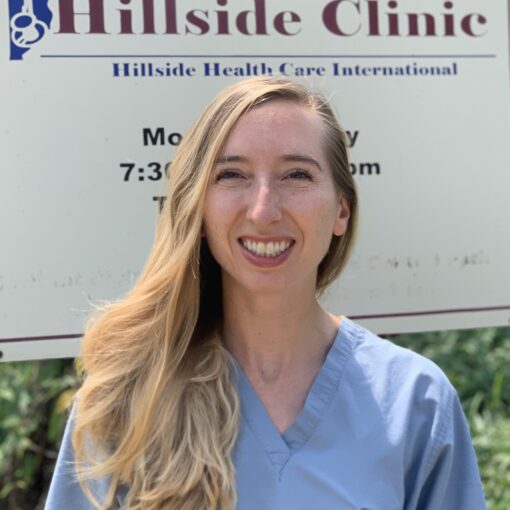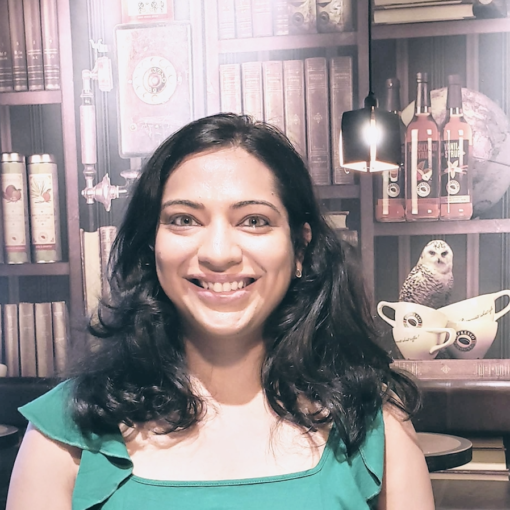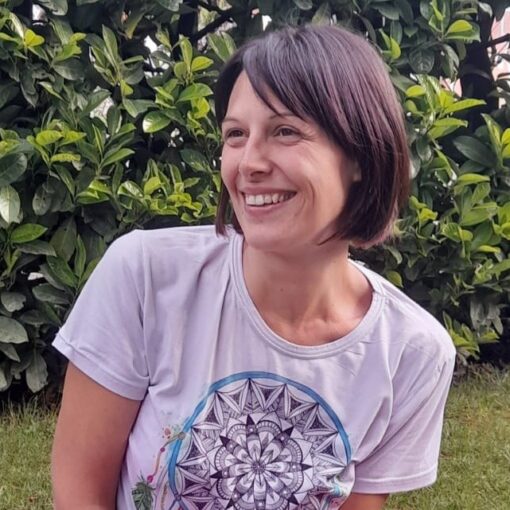PhD in Chemistry, Stony Brook University, USA (2006)
| Medical Writer | |
|---|---|
| Ogilvy Healthworld | |
Year entered into a non-academic position: 2018
Job highlight: Meeting world-renowned professors in the medical field and talking to them about developments in their disease area.
My research training set me up to… digest complicated information quickly so that I can use it to communicate to others.
What’s your background?
I am originally from Turkey and after graduating from university there ventured off to America to do my PhD. My research was on protein folding. Having always been interested in rational drug design and inhibition of proteins that no longer work properly which then lead to diseased cells, I then moved to a lab working on protein inhibitors at Mount Sinai School of Medicine in New York as a postdoc. The project I worked on slowly moulded me into a structural biologist. Family requirements then brought me to the Department of Chemistry at the University of Oxford. After two more years as a postdoc, I moved back to Turkey to set up my own research lab. I then came back to Oxford due to the difficulties of research in Turkey. After a third postdoc at the Department of Biochemistry, I became a medical writer.
Why did you move away from academia?
After a total of 15 years in academia I decided it was time to try something new.
Is there anything you miss about academia?
I miss carrying out tasks in my own time.
How did you get this job?
I had been in medical writing for a while before I got my first medical writer job. Halfway through my last posdoc job, I went to career events about medical writing, to find out what it meant in the what’s termed as the ‘med comms’ industry. I found out that candidates had to demonstrate previous writing experience when they applied for medical writing jobs; in addition to their theses if they had a PhD. So, I started writing for the Oxford University Biochemical Society magazine, Phenotype, then took part in another project working as a commissioning editor for a magazine called Career Insight and also became a writer and editor for Science Innovation Union. All of these activities counted as very relevant experience in my applications as a medical writer.
Did you think you had the skills required for your current position before you started? Were you right?
Yes, I did. I thought medical writing requires, in addition to the obvious, quick learning, organisational skills and scientific rigour – and I was right.
How did your PhD prepare you for your current job? For example, what were the transferable skills that you developed during your PhD that are most relevant to your current job?
You learn to manage your time effectively, think outside the box, find answers to questions and become very organised during your PhD. These are all very valuable skills to have if you want to be a good medical writer. You also evaluate the literature regularly while working towards your PhD and need to be able to scan many publications and learn from them quickly. You deduce the key points and often need to communicate those points to your peers while using them for your own research. You do all this while working as a medical writer as well.
You learn to manage your time effectively, think outside the box, find answers to questions and become very organised during your PhD. These are all very valuable skills to have if you want to be a good medical writer.
Did you have any preconceptions about your sector that proved to be wrong?
Not really.
Can you describe a typical week in your job?
A typical week consists of writing, doing background research on what needs to be written, talking to clients face to face or on the phone to understand what their writing needs are and having meetings.
What’s the workplace culture like?
We work in teams, which are made of writers, editors, creatives and account directors. Team members interact with each other constantly. Outside of that, our office is open-plan, which means we can talk to each other all the time. Banters in the kitchen and going for walks are everyday happenings. We do regularly go out for lunch and after work drinks as well.
What are your favourite parts of your job?
Learning a lot about many different diseases, what is being done to treat them, what challenges doctors face and what new technologies are emerging in medicine. I love being able to write about them because I feel like I am helping doctors find out about the key things they need in their practice.
What are your reflections on your (future) career path?
Medical writers can progress to become principal writers at the most senior level. That is my aim at the moment.
I love being able to write about them because I feel like I am helping doctors find out about the key things they need in their practice.
Do you have any advice for current graduate students and postdocs considering a career outside of academia?
If you have doubts about whether academia is for you, don’t wait too long thinking “What if I stay a bit longer?” to see if those doubts subside.
Can you recommend any relevant resources, organisations or events that might help somebody new to the sector find out more about it?
MedComms Networking run by Peter Llewellyn is an excellent organisation to follow if you want to find out more about medical writing, look for jobs and attend career events.

